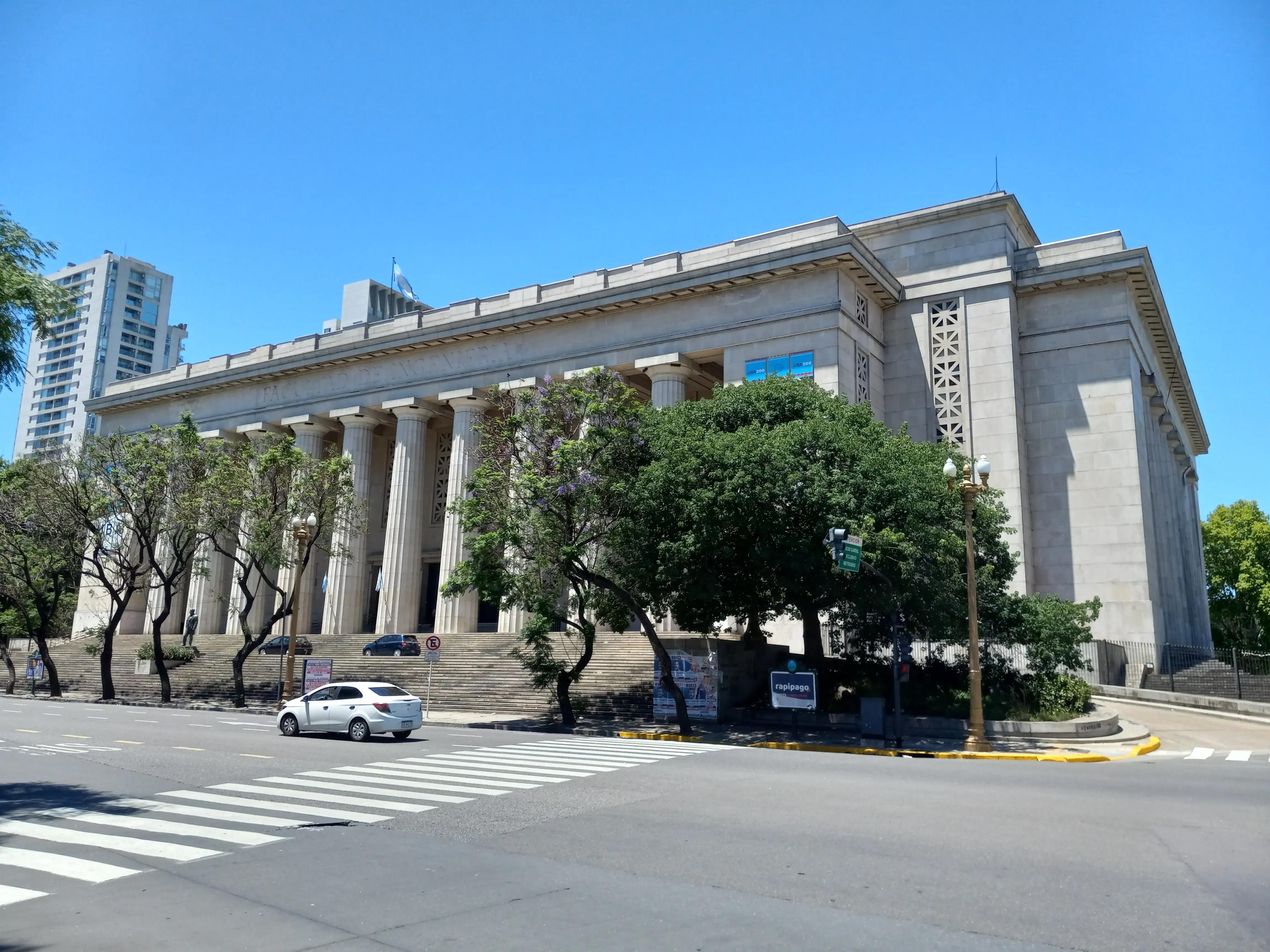The University of Buenos Aires (UBA), one of the most iconic institutions of higher education in Argentina, is facing a critical moment in its history. Against a backdrop of protests and a recent veto by the new government of Javier Milei, UBA finds itself at the center of a debate that not only affects its students but also has significant repercussions in the political and social realm of the country. This article aims to analyze the current situation of UBA, its implications, and how it compares with international experiences.
📚 Current Landscape
UBA has historically been a bastion of critical thinking and public education in Argentina. However, in recent weeks, the institution has experienced rising tensions due to the new government's educational policy. The virtual protest organized by the university community in response to Milei's veto is a clear reflection of the existing discontent. This veto has unleashed a wave of reactions that underscore the crucial role UBA plays in shaping critical and engaged citizenship.
With more than 300,000 students enrolled, UBA represents a microcosm of Argentine society. Political decisions affecting this institution are not merely academic; they are issues that impact the lives of thousands of young people and the country's ability to train professionals facing an uncertain future. In this context, public education faces a dilemma: should it yield to the government's austerity demands or defend its autonomy and educational mission?
🌍 International Comparison
The situation at UBA is not unique, as many public universities around the world face similar challenges. For example, in Spain, universities have been affected by budget cuts and educational reforms that have limited their ability to provide accessible and quality education. The response from university communities has often been mobilization and protest, similar to what is happening in Argentina.
In the United States, public universities have had to adapt their funding policies under growing pressure from state governments to reduce budgets. However, in this context, some institutions have managed to diversify their sources of income through private donations and partnerships with the private sector, allowing them to maintain their autonomy and educational quality.
These international examples show that, although contexts differ, the struggle to defend public education and its funding is a global phenomenon. UBA, like its counterparts in other countries, must find a balance between financial sustainability and its commitment to inclusive education.
⚖️ Implications of the Conflict
The decisions made regarding UBA will have profound consequences for Argentine society. A weakening of the institution could result in a lower quality of education, which in turn would affect the country's ability to train internationally competitive professionals. In an increasingly globalized world, where knowledge and innovation are key to economic development, higher education cannot be seen as an expense, but as a crucial investment in the country's future.
Furthermore, UBA plays a fundamental role in social mobilization. Higher education in Argentina has been a vehicle for inclusion and social change, training generations of leaders who have contributed to strengthening democracy and social justice. If the foundations of this institution are undermined, there is a risk of delegitimizing the role of education in building a more equitable society.
The veto against UBA's educational policies not only affects the university community but also has broader implications for the country's governance. The government's ability to implement effective policies will depend on its ability to engage in dialogue with educational institutions and recognize their importance in the social fabric.
🔍 Final Reflections
UBA finds itself at a decisive moment. The current protests are a call to action not only for students and faculty, but also for society as a whole. The defense of public education is an issue that transcends individual interests; it is a matter of national interest.
As the country moves toward an uncertain future, it is essential to recognize the role of UBA as a generator of knowledge and promoter of social inclusion. Education should not be viewed as a luxury but as a fundamental right that must be protected and promoted.
History has shown that crises can be moments of transformation. UBA needs a clear direction that not only ensures its continuity but also allows it to adapt to the challenges of the 21st century. Investment in education is undoubtedly one of the best decisions a country can make. Without strong institutions, there is no trust. Without trust, there is no investment.

Comments